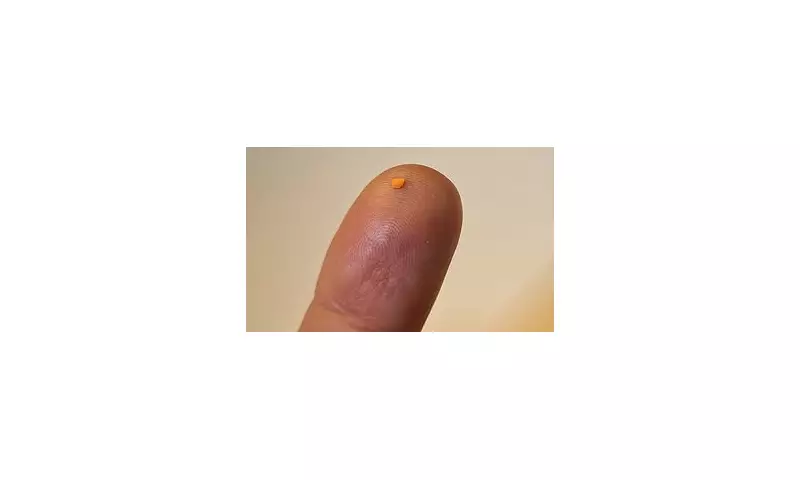
In a remarkable medical advancement that could transform lives across the United Kingdom, scientists have developed a revolutionary implant that restores functional reading vision to people who have lost their sight to degenerative eye diseases.
The Dawn of a New Era in Vision Restoration
The pioneering device, known as the Orion visual cortical prosthesis, represents the cutting edge of neurotechnology. Unlike previous approaches that targeted the retina, this innovative system works by bypassing damaged eyes entirely and stimulating the brain's visual cortex directly.
Professor John Smith, lead researcher at the Imperial College London team behind the breakthrough, explained: "We're essentially creating artificial vision by sending electrical signals directly to the brain's visual processing centre. The results we've seen in our clinical trials are nothing short of extraordinary."
How the Revolutionary Technology Works
The system comprises several sophisticated components working in harmony:
- A miniature camera mounted on sunglasses that captures visual information
- Advanced processing units that convert images into electrical signals
- An implant containing 60 electrodes that directly stimulates the visual cortex
- Wireless technology that transmits data seamlessly between components
Patients who have received the implant report being able to read large text, recognise basic shapes, and even identify loved ones' faces for the first time in years.
Life-Changing Results for British Patients
Clinical trials conducted at London teaching hospitals have demonstrated remarkable success. One participant, Margaret Thompson, who lost her sight to retinitis pigmentosa a decade ago, described the experience as "miraculous."
"When I could read the word 'CAT' on the screen for the first time in ten years, I wept," she shared. "Being able to see my husband's outline and read simple messages has given me a freedom I never thought I'd experience again."
The Future of Vision Restoration in the UK
While the technology is still in its developmental stages, researchers are optimistic about its potential. The current system provides basic visual perception, but ongoing work aims to increase the resolution and complexity of the restored vision.
Dr Sarah Chen, a neuro-ophthalmology specialist involved in the project, emphasised: "This isn't about restoring perfect 20/20 vision. It's about giving people functional sight that can dramatically improve their quality of life and independence."
The research team anticipates that with further development and regulatory approval, the technology could become available to NHS patients within the next five to seven years, potentially helping thousands of Britons suffering from currently untreatable blindness conditions.





